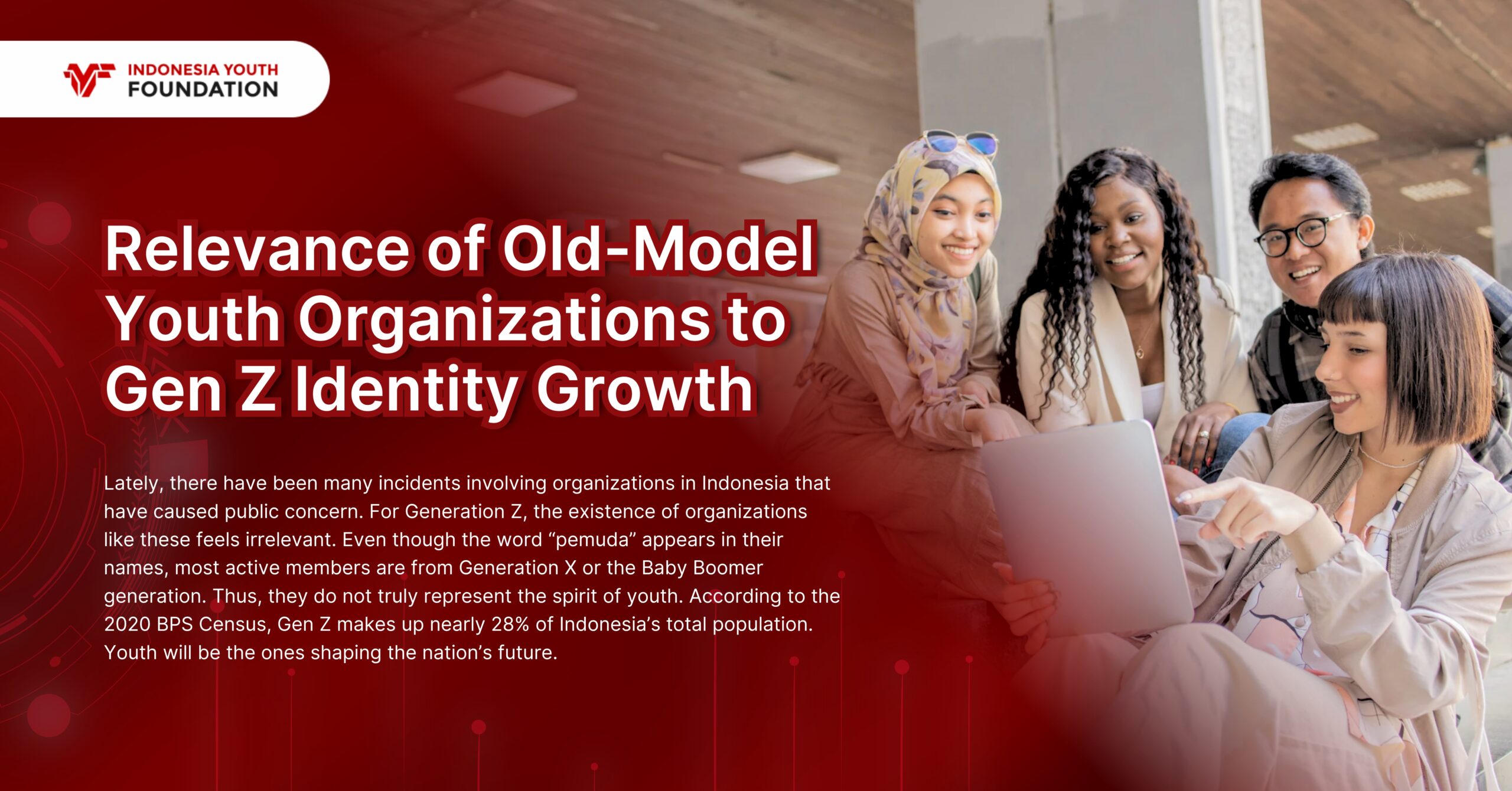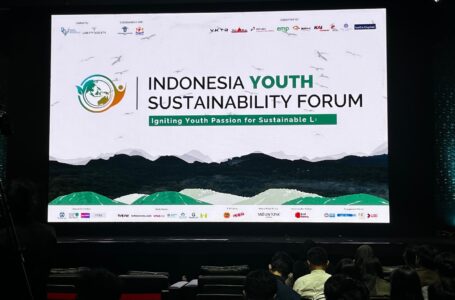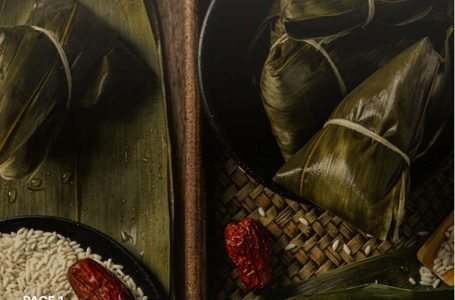Relevance of Old-Model Youth Organizations to Gen Z Identity Growth

The concept of halal food is clearly declared in the Islamic Holy Book, but the halal food sector no longer only meets religious requirements. The halal concept not only prohibits the consumption of pork but also explains the origin of the food and how the animals are cared for and slaughtered before they reach our plates.
Indonesia is the largest Muslim population in the world, about 86% of Indonesia’s population is Muslim, but still, we are not the main producer of Halal products, in fact, the place is taken by Brazil, Australia, Sudan, Bangladesh, and Turkey, which are the top five countries for most exports to members of the Organization Islamic Cooperation (OIC).
Public diplomatic activities to introduce halal food have been massively and intensively strengthened by the Indonesian government in internal and external activities. Intending to make Indonesia a global halal hub by 2024, Indonesia has the potential to make halal food for Indonesia’s strength in the economic, social, and political field.
In the economic sector, the total export value of Indonesian halal food reaches USD 229 million by 2020. The 10 types of processed foods are margarine, wafers, biscuits, processed pineapple, packaged coffee, coffee extract, and malt extract then sauces, baby food, bread, and cakes which are popular among Muslims in 29 countries.
On the other hand, several halal-certified products from Indonesia received global awards as products that consistently maintain halal competency. Such as Indomie, Chitato, Walls Ice Cream, Silver Queen and Sari Roti and several other food products became export goods. The existence of halal-certified export goods is a chance that Indonesian halal food products are worth calculating.
In the social sector, we have been doing social distancing since COVID-19 separated in 2020 across the whole world. No social activities, no meeting in person, and everything change to mobile activities from home and resulting people have a great concern about the risk of it. They build awareness about the importance of eating halal and hygienic foods, as the SARS-CoV-2 is believed to have started in a wet market in Wuhan, China.
People are becoming increasingly aware that non-halal foods and those that are not hygienically processed have a great potential to cause diseases like the one we have today. To break this pandemic, not only in Indonesia, people are changing their diet, especially when it comes to meat. The trend is visible in another country like the United Kingdom. The United Kingdom Monitoring Committee (HMC), a halal certification body, reported a significant increase in demand for halal meat due to the outbreak. In addition, The World Health Organization (WHO) urged the public to consume healthier foods and avoid or reduce alcohol consumption as it weakens the immune system.
In the policy arena, Indonesia is involved and plays an active role in the World Halal Food Council (WHFC) and the Codex Alimentarius Commission (CAC). In these two institutions, Indonesia contributes to setting existing regulations and agreements for Indonesia’s interests. The realization of the interests will also not be achieved without the empowerment of the community.
Furthermore, most companies in Indonesia that produce in food production, product development agenda with halal accreditations and certification from the Indonesian Ulama Council or Majelis Ulama Indonesia (MUI), which under the license of the MUI food and Drug Assessment Institute or Lembaga Pengkajian Pangan dan Obat – obatan (LPPOM).
The reflection of Halal Food in Indonesia could become a strong country for halal food export as many countries, including Muslim minorities, are aggressively investing in halal food.
Refereces
- Fithriana, Arin. 2019. “Indonesia Soft Power Diplomacy: Halal Food in the Implementation of Indonesian Public Diplomacy.” International Conference on Research in Social Sciences and Humanities: 1–16.
- Hosen, Muhamad Nadratuzzaman, and Fitriyani Lathifah. 2020. “Comparison of Halal Certification in Several Countries toward Halal Standard of Indonesia.” (Icri 2018): 201–10.
- Mohamad, Norizah, and Chris Backhouse. 2019. “A Framework for the Development of Halal Food Products in Malaysia.” Loughborough’s Research Repository. http://iieom.org/ieom2014/pdfs/151.pdf.
- The Jakarta Post. (2020). Halal food rising in popularity amid COVID-19 pandemic, reports indicate. The Jakarta Post. https://www.thejakartapost.com/news/2020/05/08/halal-food-rising-in-popularity-amid-covid-19-pandemic-reports-indicate.html
- Administrator2. (2020). Indonesian Halal Food Exports Reach USD 229 Million, Spread in 29 Countries. Ibai.or.id. https://www.ibai.or.id/news/item/688-indonesian-halal-food-exports-reach-usd-229-million-spread-in-29-countries.html
Author
 Safira, a member of the strategy and management team at Indonesia Youth Foundation, is pursuing a bachelor’s degree in chemistry at Universitas Negeri Surabaya. She is passionate about environmental issues, food technology and education. She volunteers as an English tutor for the local community in her area and actively participates in podcasts where she talks about life issues.
Safira, a member of the strategy and management team at Indonesia Youth Foundation, is pursuing a bachelor’s degree in chemistry at Universitas Negeri Surabaya. She is passionate about environmental issues, food technology and education. She volunteers as an English tutor for the local community in her area and actively participates in podcasts where she talks about life issues.







